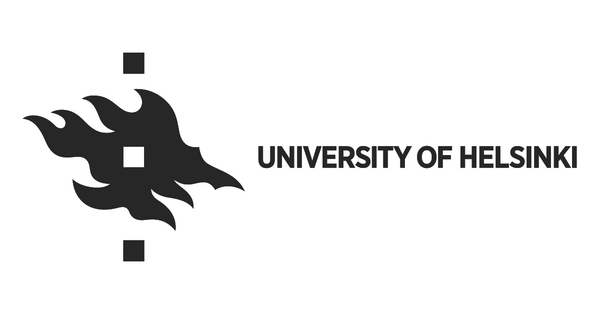University of Helsinki: Sustainable concept for wood-based textile fibres
The Marcus Wallenberg Prize is an international prize with the purpose of recognizing, encouraging and stimulating pathbreaking scientific achievements, which contribute significantly to broadening knowledge and to technical development within the fields of importance to forestry and forest industries. The Marcus Wallenberg Prize 2022 will be presented by HM the King of Sweden to Professor Ilkka Kilpeläinen and Professor Herbert Sixta at a ceremony in Stockholm in October this year.
Man-made cellulose fibres from wood with high technical quality have been developed by two research teams in Finland, at the University of Helsinki and at the Aalto University. In this concept, the design and use of novel superbase ionic liquids to process wood pulp into high-performance textile fibres was developed and currently tested for scaling-up.
The Sustainable Chemistry research group led by Prof. Kilpeläinen at the University of Helsinki developed superbase ionic liquid solvents for dissolution of wood biomass e.g. bleached or unbleached pulp or recycled cellulose pulp. Prof. Sixta and his team, at the Aalto University, developed the ionic liquid-based fibre shaping process based on dry-jet wet spinning.
“This unique collaboration has resulted in novel sustainable concept of textile fibre production from wood. The innovation is expected to result in a large range of new product and business opportunities for the forest industry”, says Johanna Buchert, Chairperson of the Marcus Wallenberg Prize Selection Committee.
The future demand for textile fibres is growing due to global population growth. Production of cotton, the predominantly used cellulose fibre for textiles, is not expected to keep up with the demand. Therefore, man-made cellulose fibres would be an excellent complement for cotton as these fibres have similar properties.
The main processes to produce man-made cellulose textile fibres are the viscose process, where cellulose is solubilized using alkali and carbon disulphide and the Lyocell process, where N-methylmorpholine-N-oxide (NMMO) is used to dissolve cellulose. The viscose process has, however, become environmentally controversial due to the use of toxic carbon disulphide as the main reagent. The Lyocell process on the other hand is hampered by the instability of the NMMO.
These challenges have led to extensive research on different solvent systems for cellulose to produce regenerated cellulose fibres. Ionic liquids have gained interest as green alternatives for organic solvents in different processes. Ionic liquids are salts that can be melted below 100 degree C and have unique properties including low vapour pressure, high thermal stability, and high dissolving capability of different organic and inorganic substances.
Key facts about the Prize winners
Professor Ilkka Kilpeläinen, was born in 1963 in Finland. He received his PhD in Organic Chemistry in 1993 at the University of Helsinki. In 1995 he was appointed docent degree in organic chemistry at the University of Helsinki and in 2003 in structural chemistry at the University of Oulu in Finland. Falun, Sweden 7 April 2022 Kilpeläinen was professor in chemistry at the University of Oulu, Finland, during the period between 2001 and 2003. Since 2003 he has been professor of organic chemistry at the University of Helsinki and since 2022 Head of Chemistry Department. Kilpeläinen is also Chairman of the board for Liuotin Group Oy, a development spin-off dedicated to scale-up ionic liquid production.
Professor Herbert Sixta, was born in 1954 in Austria. He has a PhD in Physical Chemistry from the University of Innsbruck in 1982 and Habilitation at Graz University of Technology in 1995 in Wood, Pulp and Fiber technology. He has been professor at the Aalto University since 2007 and was the head of the Department of Bioproducts and Biosystems. Sixta has had a long industrial career at Lenzing AG Austria, focused on the development of industrial regenerated cellulose fibres and their processing.

